Keeping cool with electric heat pumps


Amidst another extreme and record-breaking heat wave, affordable and energy-efficient cooling is essential for everyone. Electric heat pumps can make that happen.
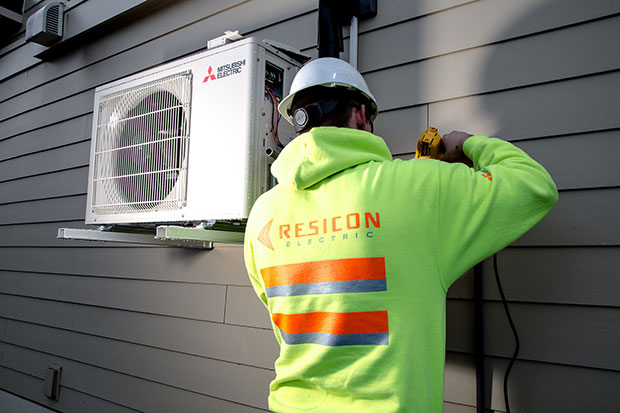
Extreme heat events like this are a dramatic example of the dangers of burning fossil fuels. We need clean energy solutions that protect our climate AND our communities.
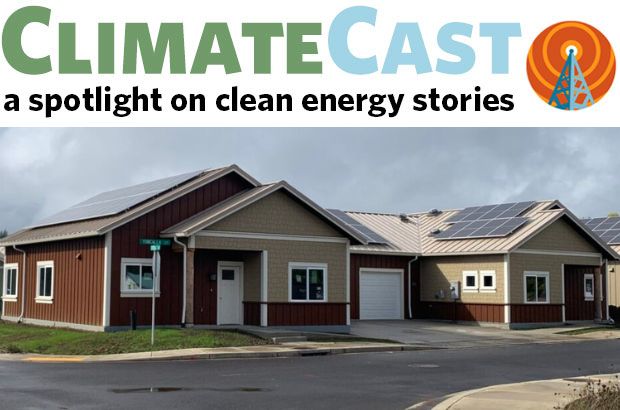
Did you know that 24 of Oregon's most advanced, energy-efficient homes are located in Grand Ronde? But how do we get these benefits into the hands of more renters across the region?

A Climate Budget brings an equitable and rapid transition from fossil fuels to clean energy closer within reach while increasing the resilience of our communities.

On December 12th, the Seattle City Council voted unanimously to pass a landmark climate policy to transition large multi-family and commercial buildings away from fossil fuels to clean electricity.

I wanted to mention a few events coming up from other climate and environmental organizations across Oregon.

We saw success despite a challenging legislative environment that included a minority of Senators leading the longest walkout in Oregon’s history. Because the legislative calendar was down to the wire, many climate and clean energy bills were combined into two omnibus bills...
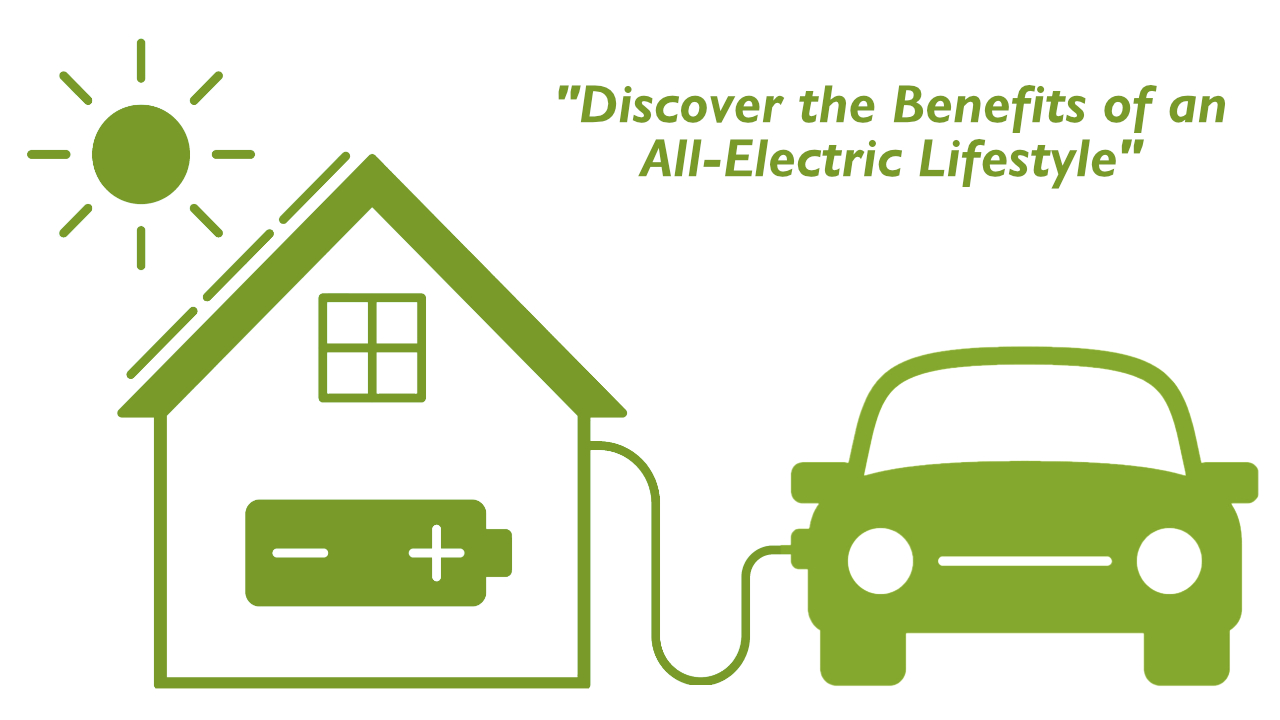
The Lake Oswego Sustainability Network (LOSN) is hosting its annual Electric Home and Vehicle Fair on Saturday, September 23.
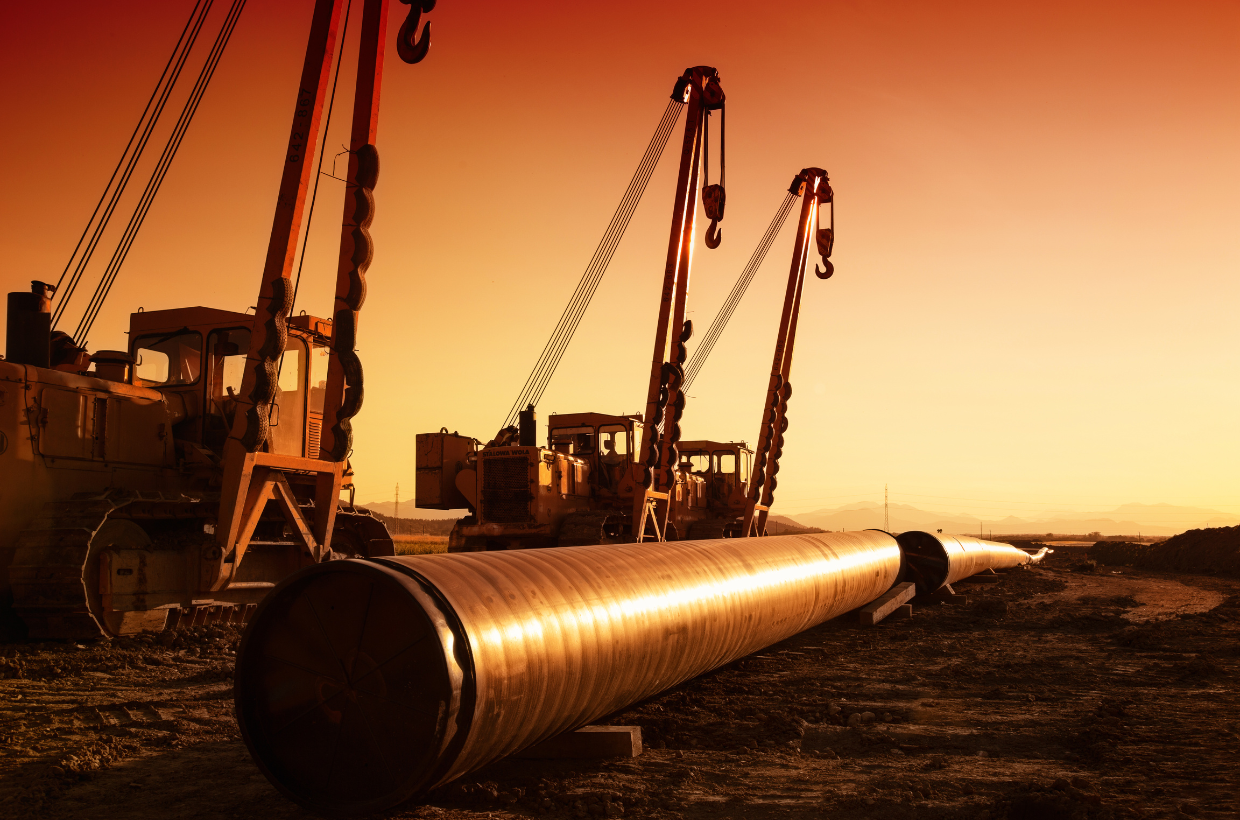
[PRESS RELEASE] Avista inappropriately billed customers for anti-climate litigation spending, and is proposing to increase bills for continued litigation costs, according to testimony submitted by environmental groups to the Oregon PUC.
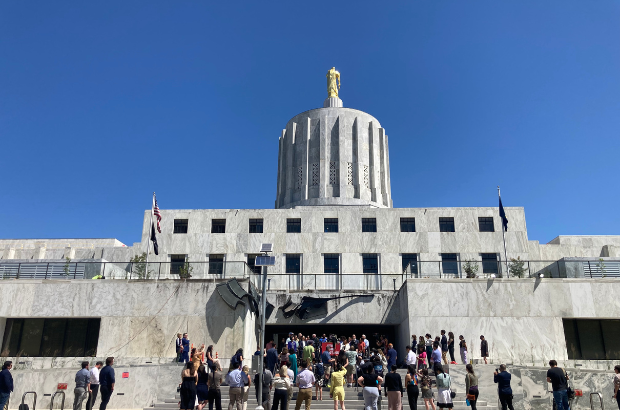
The longest GOP walkout in state history has finally come to an end. It has been an egregious situation where a bloc of Republican Senators used non-democratic tactics to deny the collective will of all Oregonians and shutdown the government for weeks.
Join our email list to learn about what we do and how to get involved.
Extreme heat events like this are a dramatic example of the dangers of burning fossil fuels. We need clean energy solutions that protect our climate AND our communities.